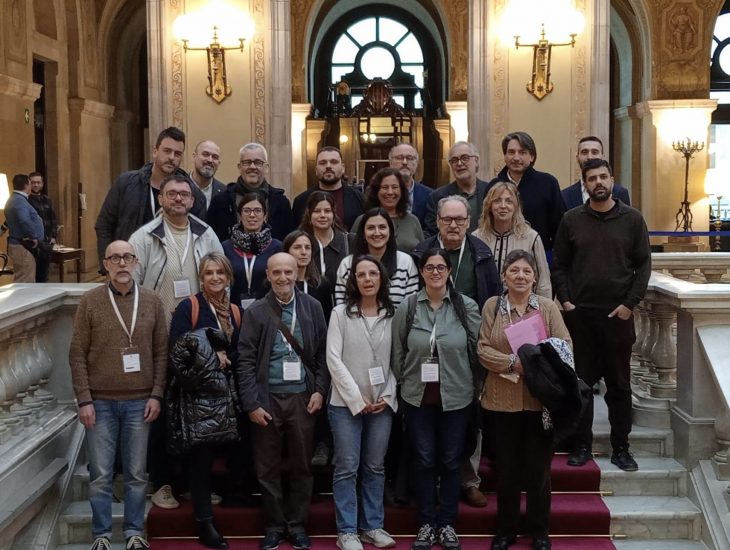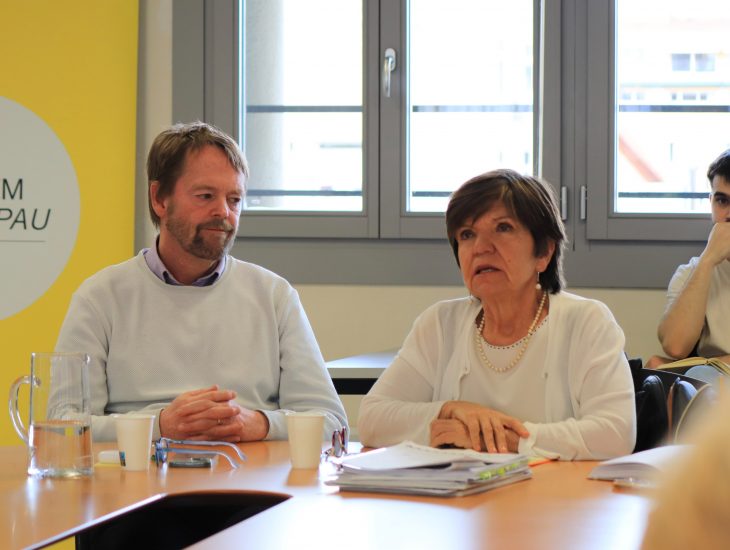ICIP strongly condemns Russia’s military invasion of Ukraine, which began this morning. The onslaught of Russian forces is unprecedented in European territory. In addition to its humanitarian, economic, political and environmental consequences, it will have a disastrous impact on peace-building efforts in Ukraine, Europe, and the world.
Russia has started a war that ends nine years of efforts to find a peaceful solution to the conflict in the Ukrainian region of Donbas. The invasion blew up the 2014 Minsk Accords, which created a ceasefire and a roadmap for resolving the war. Also, it sweeps away citizen initiatives for social and political dialogue, human rights advocacy and criticism of authoritarianism in Ukraine and Russia.
At the same time, the attack is destroying Europe’s conflict prevention architecture, based on the concept of “shared security” and dialogue within the framework of the Organisation for Economic Co-operation and Development (OECD). It breaks the fragile international consensus on the need to prioritize diplomacy to resolve conflicts.
“The European Union and NATO have not had the vision, ambition and generosity to design a security architecture outside of militarism and the idea of the external enemy for the last thirty years”, said Kristian Herbolzheimer, director of the ICIP. “But Russia’s action is hampering any critical initiative with the prevailing security model, and instead of disarming Europe, we are embarking on a new arms race”. This is a scenario that is even more worrying given Russia’s nuclear capacity and the existence of fifteen atomic reactors in Ukraine.
Given this situation, it is necessary to demand weapons to stop immediately to protect the civilian population. At the same time, it is essential to avoid the warlike dynamics of building the image of the enemy: “Putin is not Russia. Putin has embarked on a war adventure that could end up plaguing the Russian people themselves”, said the ICIP director.
In the field of peacebuilding, we reaffirm that war can never be an option. In the face of today’s scenario in Ukraine, courage, creativity and social support are needed to find alternatives to the weapons based on the concept of shared security.



